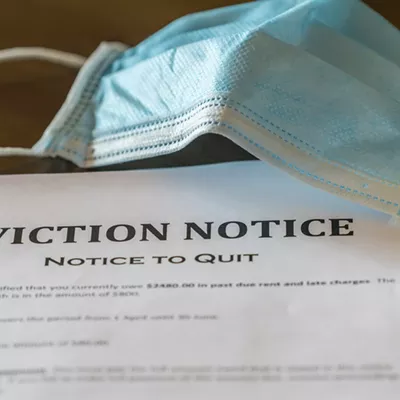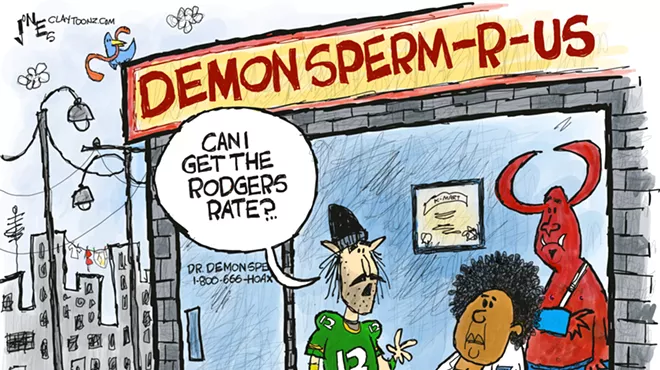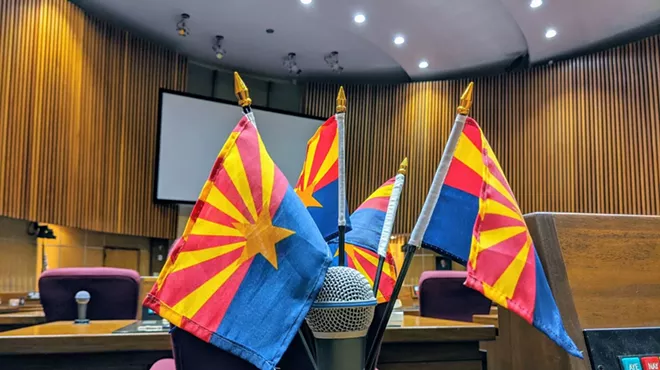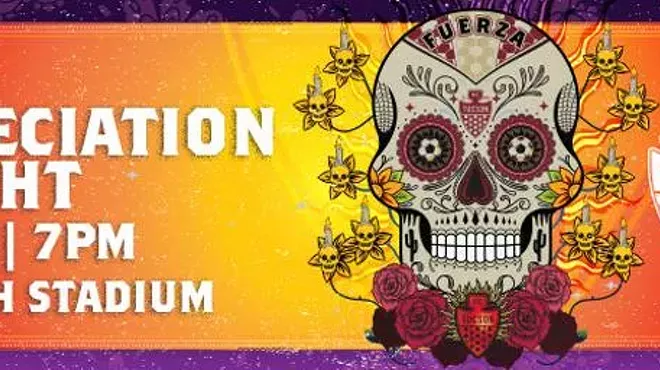Tuesday, March 16, 2021
Coyotes’ service dog in-training will soon help veteran in need
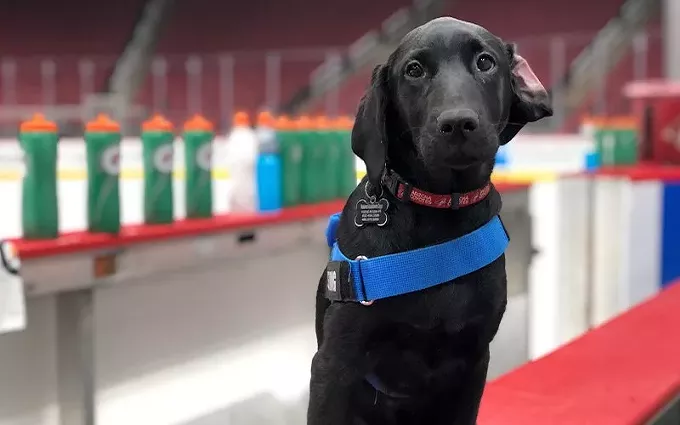
GLENDALE – They named her Luna, which is Spanish for moon.
The name fits nicely with the Arizona Coyotes’ crescent moon logo from 1996, which is at center ice this season at Gila River Arena.
Luna is fond of taking naps in Jakob Chychrun’s locker. She wobble-skates on the ice. She has left a mark on the NHL team and soon will make an even bigger impact helping a veteran in need.
“The guys loved when she was around,” Coyotes coach Rick Tocchet said. “She was a great little dog. Big dog now. I love when dogs are around, so hopefully we get another one.”
More than 1.1 million veterans were diagnosed with at least one of five mental illnesses, including post-traumatic stress disorder, bipolar disorder, depression, substance abuse or anxiety, according to a 2016 study by the American Journal of Public Health.
Service dogs assist veterans in healing, and in the U.S., 19% of the dogs are trained to help veterans with PTSD.
The Coyotes have partnered with the National Assistance Dogs Inc., a Phoenix foundation that pairs dogs with veterans and first-responders who deal with mobility issues and/or post-traumatic challenges.
Andrew Armstrong, the founder of National Assistance Dogs, has his own service dog, Smitty, who knows more than 100 commands to help Armstrong open and close doors, turn lights on and off and carry items.
Armstrong wants someone to get the experience he has gotten with his dog.
“What Smitty did for me was a reason for me to wake up in the morning and stop the pills and stop drinking,” Armstrong said. “I wouldn’t admit that if I didn’t have it. My personal goal is paying it forward. I want people to have the same positive experience.”
In September 2019, the Coyotes welcomed Luna to their roster. The 14-week-old black Labrador puppy eventually became a fully-trained service dog and was partnered with a veteran in need.
Cole Cook, vice president of strategy and business intelligence for the Coyotes, and his girlfriend, Allie, were considering getting a puppy at the time and decided to foster Luna.
“The previous foundation director at the Coyotes kind of floated this idea around the office if somebody would be willing to foster a dog that would be a service dog and then eventually have it be transitioned to a veteran and nobody in the office was really too eager to do it,” Cook said. “We were considering getting a dog and thought this is a good opportunity to give back and also learn how to train a dog professionally.”
Carey Dillabo, head trainer for National Assistance Dog, said trainers do multiple personality-type surveys with the dogs to best match the canine with the human.
“The minute you start working with a specific dog, you can see that they’re just a good match,” Diablo said. “We’ll take that dog, most likely, and work with that person.”
Puppy raisers, including Cook and Allie, came in with Luna once a week to train with her and prepare her for graduation, which is when she is ready to be paired with a veteran. The training can take anywhere from two months to a year, and Dillabo stressed how important it is to send the dog out into the field at the right time.
“We really don’t want a dog going out until they’re about two years old because their brain is solidified,” Dillabo said. “They’re not going to go through any more fear periods and the dog is solid.”
Luna, who will be 2 in May, was trained through the foundation but also had some different experiences being paired with the Coyotes.
“She’s been socialized to so many different things,” Cook said. “We’ve taken her on probably half a dozen trips on airplanes, and she’s been on the ice, the goal horn and all of those different things that some of the other service dogs might not have been exposed to yet. Luna has definitely had a great experience.”
Before the pandemic hit, Luna would often come into the office with Cook. She would visit the locker room once a week, and her favorite nap spot was Coyotes defender Jakob Chychrun’s locker.
“She was on the ice for the first couple weeks we had her, running, sliding around, which is cool to see,” Cook said. “It just brings a sense of relief and joy to the office because having dogs around is nice.”
Being able to foster Luna has taught Cook valuable lessons.
“When you think about the dog in America, (it’s) such just a focal point of the American dream and it’s part of having a family, you get a dog, but they really are powerful animals to do so much more, and Luna’s experience has really taught us that,” Cook said.
Armstrong is proud of Luna and Cook, too.
“Cole’s done an amazing job, the Coyotes have done an amazing job with her,” he said. “Seeing her and where she’s come, especially, Luna’s goal is definitely taking an emotional toll. I mean it’s just awesome.”
First Day Last Day pic.twitter.com/OjGktmZkom
— Arizona Coyotes (@ArizonaCoyotes) March 7, 2021
Luna recently graduated to advanced training, which means she soon will be paired with a veteran. Despite the sadness of having to give Luna back, Cook knows she’ll do great things. He recently got a new family member as well.
“Being a part of this experience and just being able to give back to those in need through this experience has been great,” he said. “Funny enough we actually got a puppy about a month ago that is the same bloodline as Luna and they look like twins and are attached at the hip, so it’s going to be sad for the puppy.”
The day is here.
— Arizona Coyotes (@ArizonaCoyotes) March 7, 2021
Our favorite pup has graduated to advanced training with @nadiassist. Soon, she'll be placed with a veteran.
We're so proud of you, Luna! ❤️🐾 pic.twitter.com/2xM1aDWDqx
Dillabo and Armstrong both vouched for the importance of service dogs and the impact they can have on people.
“These dogs change people’s lives, and people are able to gain independence and get back into society,” Dillabo said. “It’s an amazing thing to watch, and we all have a huge heart for it.”


